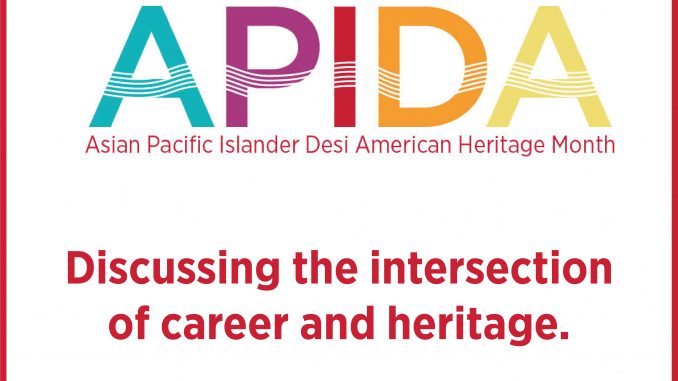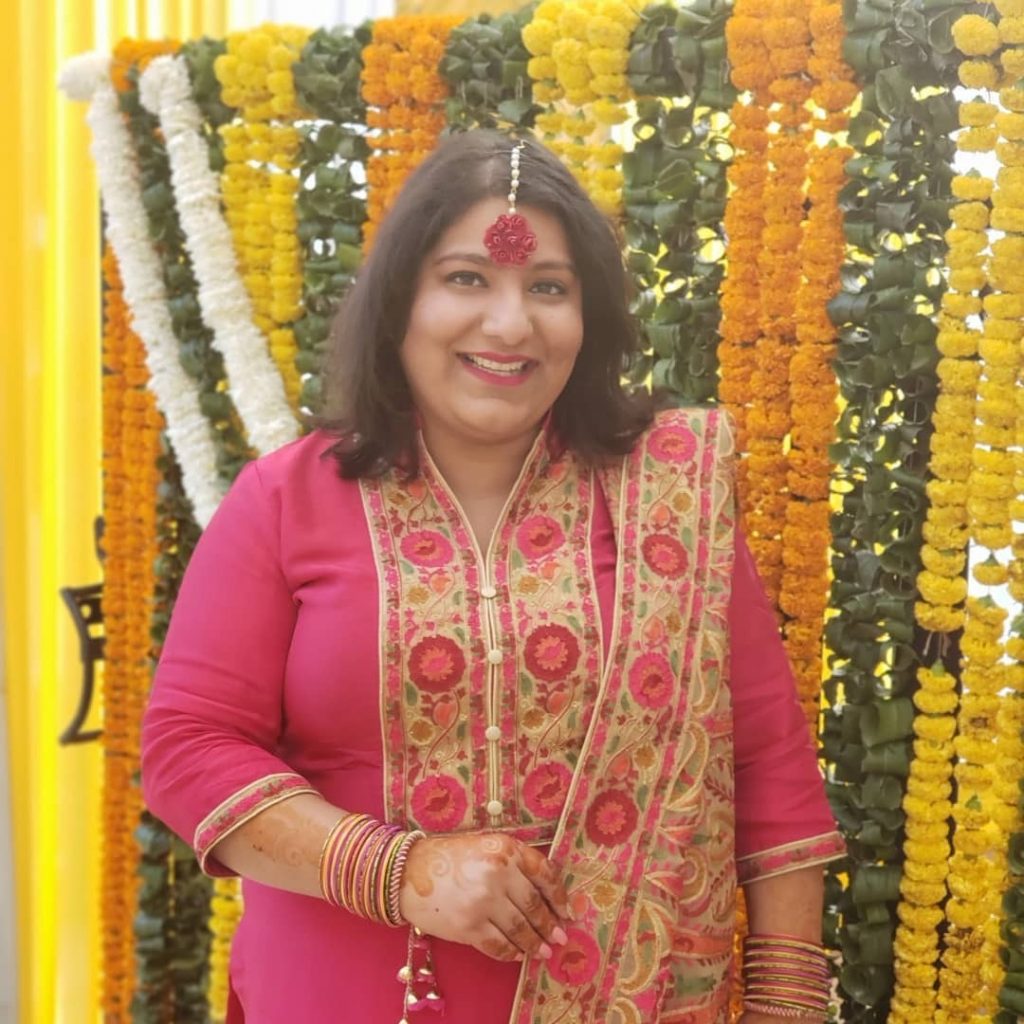
Discussing the intersection of career and heritage.
Harmful “Positive” APIDA Stereotypes
Long before I ever declared my major at my alma mater (University of Mary Washington, Fredericksburg, VA), it seemed that educators, classmates, and my community had already determined what it would be for me based on their stereotypes about South Asian immigrant American women. Briefly, a stereotype is defined as a widely held but fixed and oversimplified image or idea of a person. There are positive and negative stereotypes, both have proven harmful in my lived experiences. “I have an Indian doctor, they make good medical professionals, you must be a biology major,” said a white alumni while I was giving her a campus tour during my 2nd year in college. While it’s true that 17% of medical professionals in the United States are Asian this positive stereotype about Asians being medical doctors is harmful and limits career possibilities for APIDA students.
“Model Minority” Mutiny #IAmNotYourModelMinority
Above all, these harmful positive stereotypes ignore the racist and anti-Black history which has often positioned Asian Americans as a “Model Minority” buffer within a white and Black racial binary. As a “Desi” woman, although I don’t dispute the value of hard work in the APIDA community, I wholeheartedly reject the “model-minority” myth because it widens the divisions between Asian Americans and other ethnic groups. The “Model-Minority” myth ignores the serious challenges facing Asian Americans, especially Asian American students. #IAmNotYourModelMinority.
“Asian American” is such a big umbrella term and it is my hope that we can one move towards an America where we are able to name and understand all of the over 50 nationalities, cultures, and ethnicities it covers. It is important to note that the 1960s Civil Rights movement in American society and the 1965 Immigration Act, explicitly abolished the discriminatory national origins quotas that had regulated entrance into the country since the 1920s. It explicitly prohibited discrimination on the basis of race, sex, nationality, place of birth, or place of residence in the U.S. government’s decisions to issue immigrant visas. Instead, the law established a new preference system based on professional status and family reunification. Because of the “professional status” preference system, South Asians, including Indian doctors, migrated to the US.
Advice
One of the greatest challenges facing Asian American students is the crisis of suicide. Asian American young adults are the only racial group with suicide as their leading cause of death and yet despite this disparity very little attention is paid to this issue to understand how to prevent suicide among APIDA college students.
Asian American students are also the least likely racial group to utilize mental health services. Stereotypes and the model-minority myth are damaging to one’s mental health, and being able to find culturally-competent counseling services can help one overcome the daily microaggressions and relentless racism APIDA college students and career professionals might experience. My advice to APIDA students overcoming these stereotypes is to not hesitate in reaching out to counseling services during their career services search/process or academic journey at Miami.

